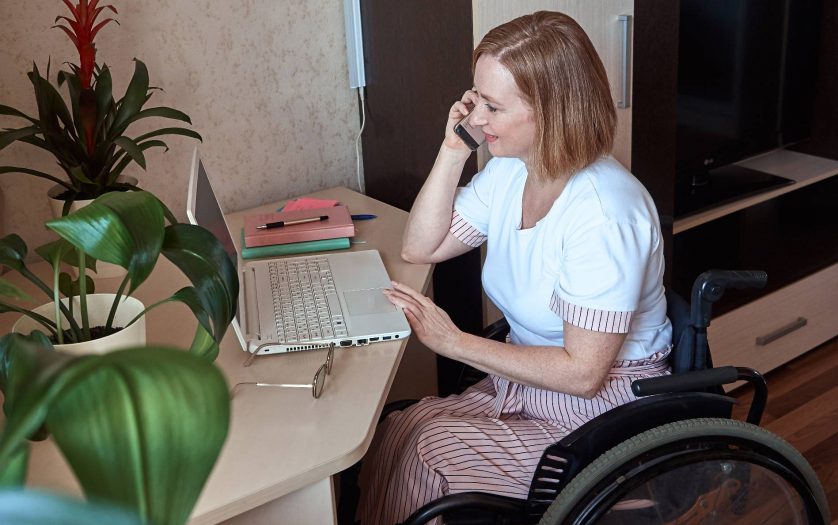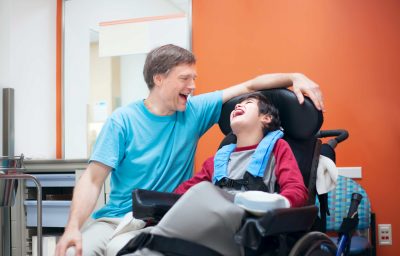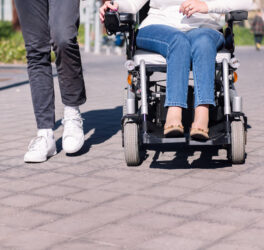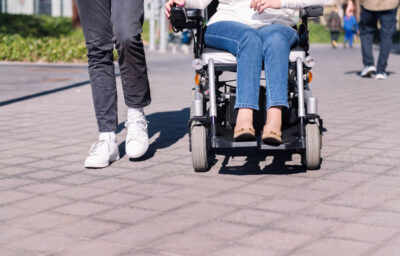
Working from home could revolutionize job opportunities for people with mobility impairments, chronic medical conditions, and other disabilities, but a towering obstacle still stands in the way more than 18 months into the pandemic.
A report by the Rutgers Program for Disability Research finds a disproportionate number of people with disabilities work in places like factories, restaurants, and retail stores, where remote work is typically not an option.
“This is the disability issue that no one is talking about and it’s enormous,” said Professor Lisa Schur, co-director of the Rutgers Program for Disability Research in the School of Management and Labor Relations. “People with disabilities are funneled into blue-collar and service jobs, where the pay is lower and flexible work options are virtually nonexistent. If they have greater access to the kinds of jobs that can be done from home, the pandemic could have have a silver lining for the disability community in the long run.”
Rutgers researchers analyzed federal data ahead of National Disability Employment Awareness Month (October) and the launch of a new federally-funded research initiative. They found:
- The employment rate for working-age people with disabilities stands at about 20%.
- An average of 4.3 million people with disabilities are working each month, down from 4.7 million before the pandemic.
- Blue-collar and service work is still more common among people with disabilities (43%) than people without disabilities (37%).
- Only 1 out of 5 people with disabilities started working from home during the pandemic—mostly office workers, managers, and others in white-collar roles.
- Working from home is actually more common among people without disabilities (24%) than people with disabilities (19%).
The researchers are digging deeper. A branch of the U.S. Department of Health and Human Services has established a Rehabilitation Research and Training Center at Rutgers to study how reshaping employer policies could make it easier for people with disabilities to advance their careers. Supported by $4.3 million over five years, the RRTC will bring together the Rutgers Program for Disability Research in the School of Management and Labor Relations, Rutgers Business School, Syracuse University, Harvard University, the National Organization on Disability, Disability:IN, and Bender Consulting.
“This center offers us the chance to explore aspects of organizational practices, such as how company DEI statements influence their workplace culture and hiring processes,” said Mason Ameri, associate professor of professional practice at Rutgers Business School. “The goal is to follow through on the spirit of the Americans with Disabilities Act (ADA) and provide truly equal opportunities for people with disabilities, across the board.”








